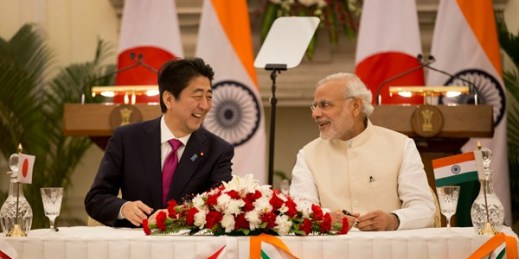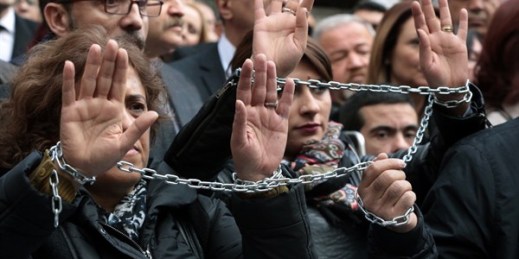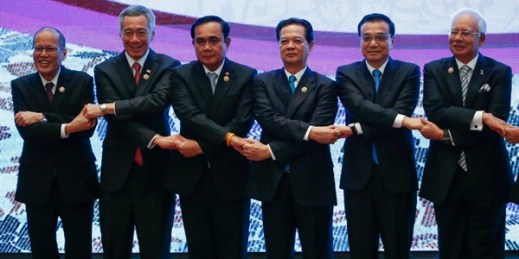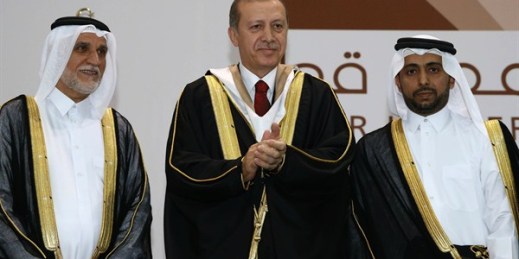
During his visit to New Delhi last December, Japanese Prime Minister Shinzo Abe and his Indian counterpart, Narendra Modi, pledged to transform India and Japan’s partnership into a “deep, broad-based and action-oriented relationship.” Behind the lofty rhetoric were several major developments, most of all finally reaching a consensus on the text of a bilateral civil nuclear agreement, long in the works, that would allow Japan to directly export nuclear plants to India. It would be signed, Abe and Modi said, once “technical details” were sorted out. In addition to the nuclear deal, they announced that Japan would provide $12 billion […]



